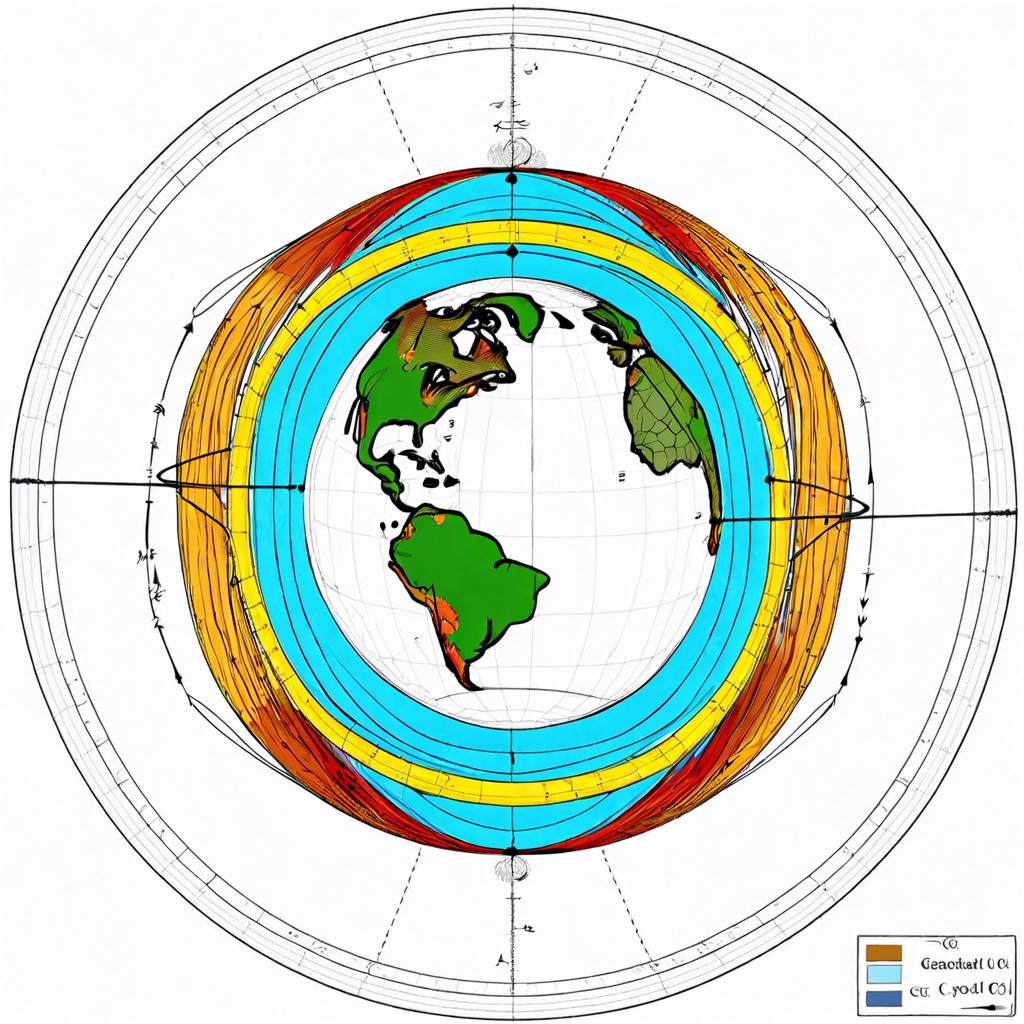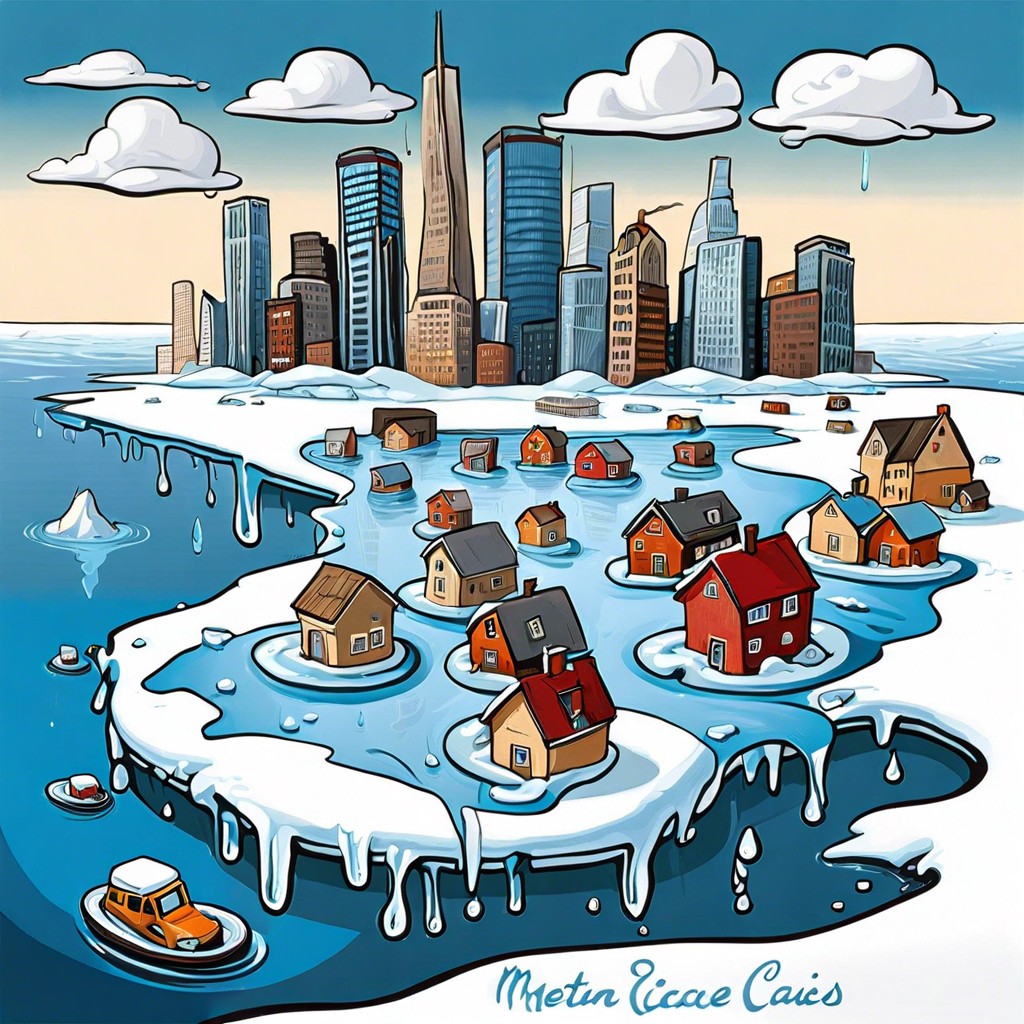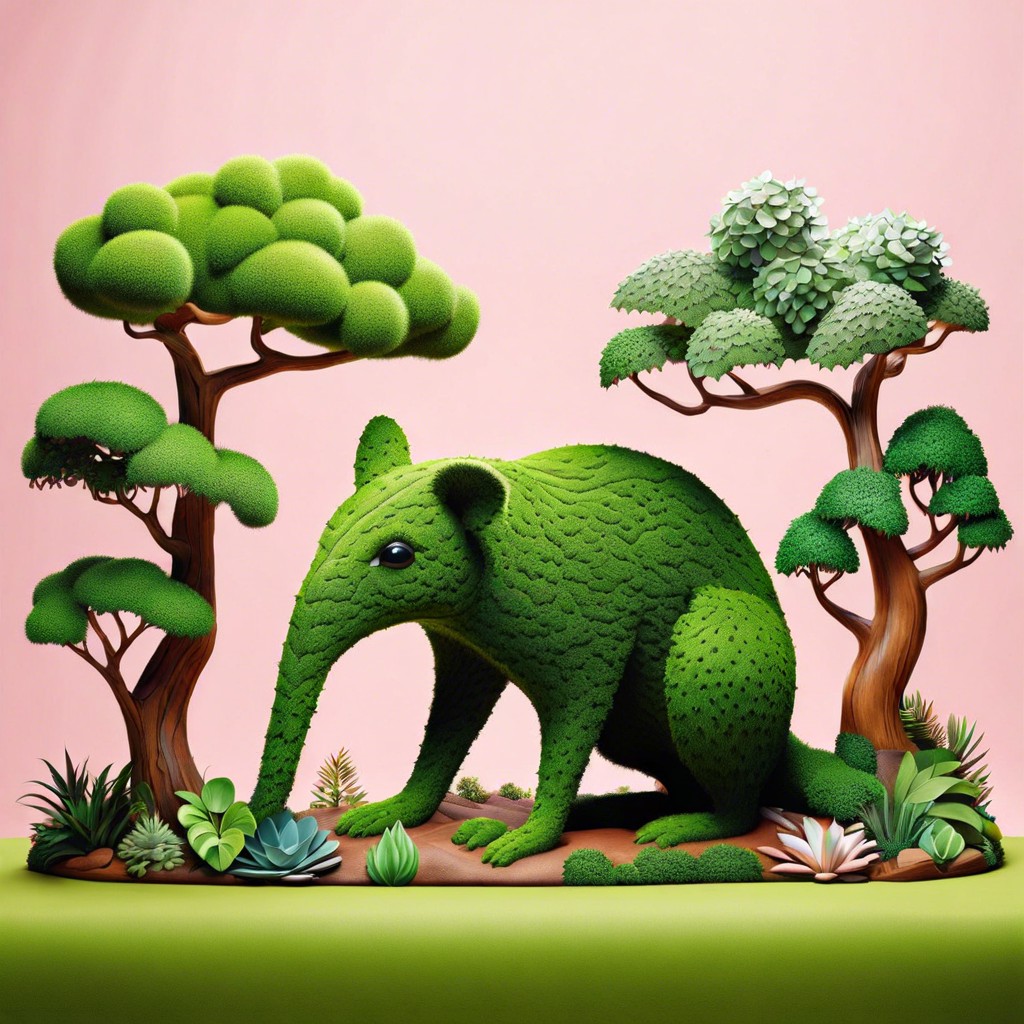Discover how the sudden disappearance of the Sun would impact Earth and its inhabitants, from immediate effects to long-term consequences.
Imagine waking up to find the Sun has vanished. Panic bars and stockpiling instantly trend on Twitter. What’s next? Earth spirals off its axis, temperatures nosedive, and daylight becomes an ancient myth. Stick around as we unravel the cosmic chaos, plummeting thermometers, ecological mayhem, and the desperate lengths humans might go to survive. Spoiler: SPF 1000 won’t help! Dive in for a sunless saga.
Key takeaways:
- Earth would spiral off orbit, darkness engulfs, temperatures plummet.
- Surface temperature drops drastically, water bodies freeze, energy depletes fast.
- Plants wither, herbivores vanish, carnivores struggle, ecosystem collapses.
- Atmosphere cools, oxygen dwindles, atmospheric changes lead to cosmic radiation.
- Indoor farming, warm clothing, geothermal energy, underground living adaptation strategies.
Immediate Effects On Earth’s Orbit

Earth takes its daily lap around the sun like a celestial Ferris wheel rider, but if the sun snubs its job (spoiler: it won’t, so no need to panic), Earth’s wheels would metaphorically and literally fall off. Ready, set, chaos!
Firstly, without the sun’s gravitational pull, our planet, along with the others, would swerve off its current delightful elliptical orbit. Picture a chilling Independence Day scenario—planet Earth careening into space. Not good.
The darkness engulfs us immediately. We’re not talking about a cozy, star-lit night. Just pitch-black, lights-out darkness. Like a never-ending blackout without candles or flashlights.
And as Earth drifts like an aimless boat in interstellar waters, temperatures plummet. Think instant freezer. If you’ve procrastinated on buying that fancy winter jacket, now’s not the time to shop.
Even time itself would feel out of sorts, losing the familiar 24-hour cycle we swear at through alarm clocks. Think Antarctic winter, but everywhere and year-round.
Temperature Plunge and Its Consequences
Imagine swooshing down to a bone-chilling temperature almost immediately. Without our fiery friend, Earth would lose its primary heat source, causing global temperatures to nosedive. Within just a week, we’d be staring at a world where the surface temperature plummets to about -73 degrees Celsius. Yikes!
Water bodies wouldn’t remain liquid for long; lakes, rivers, and even oceans would start freezing over. Our beloved beach holidays would turn into ice-skating junctions. And let’s not even talk about your morning hot shower—it’s now a luxury of the past.
Homes and cities would need to crank up their heating systems drastically, which might sound cozy, but energy resources would start depleting fast. The battle for warmth would be on, and even fluffy blankets might not suffice. Time to rethink that fur coat you thought you’d never wear!
Impact On Plant and Animal Life
Imagine a world without photosynthesis. Plants rely on sunlight to produce food, and without it, they would wither faster than a houseplant you forgot to water before a two-week vacation. Their demise would trigger a domino effect across the food chain.
Herbivores, unable to find sustenance, would soon vanish. This means carnivores would find their dinner reservations canceled indefinitely. The entire ecosystem would collapse like a poorly built Jenga tower.
No sunlight also means no warmth. Cold-blooded creatures, like reptiles, would struggle to maintain their body temperature, essentially turning into reptilian popsicles.
Many animals use the Earth’s magnetic field, partially influenced by the sun, for navigation. Birds would lose their way as if someone had stolen their GPS. Darkness everywhere—goodbye to diurnal creatures; nocturnal animals out of a job, too.
In essence, life’s intricate balance would unravel faster than a cheap sweater. The planet would become an apocalyptic ghost town. Cue the tumbleweeds.
Atmospheric Changes and Long-term Effects
Without the sun, our atmosphere would begin an undeniable nosedive. The first casualty? Temperature. It would plummet, turning Earth into a giant popsicle in no time. This freezing atmosphere wouldn’t support the gaseous state of water, leading to the condensation and precipitation of water vapor. Say goodbye to clouds, rain, and snow, and hello to a static, dry sky.
Oxygen levels would dwindle as plant life perishes without sunlight, putting breathable air at a premium. Forget carbon dioxide getting converted by plants; that process would be history.
Eventually, the atmosphere would contract, becoming too thin to retain the already fleeting warmth. It’s like layering with just one sweater during an arctic chill. It won’t be pretty.
And let’s not forget the delightful little detail of increased cosmic radiation. Our atmosphere normally acts like a cosmic bulletproof vest. Thinner atmosphere means more of those high-energy rays would hit the surface directly. Sunburn? More like spaceburn.
Even chemical reactions would slow down or halt altogether. Picture a world where rust, fire, and even basic combustion get sluggish. Not to mention the impact on industries relying on these reactions. Riding a bike with square wheels seems more efficient in comparison.
Human Adaptation and Survival Strategies
Oh, the sun’s gone? Well, time to get creative!
First, indoor farming to the rescue! Who needs sunlight when you have artificial grow lights and hydroponics? Our veggies would thrive under the warm glow of LED bulbs.
Next, warm clothing would become our stylish new norm. Think couture collections composed entirely of thermal wear. Layers, layers, and more layers.
Heating would get a major upgrade. Geothermal and nuclear energy would become MVPs, keeping us from turning into human popsicles.
Lastly, underground living could see a boom. Think cozy subterranean bunkers equipped with all modern luxuries. Out of sight, out of frostbite!
Humans are resilient and innovative. We’ve tackled wild challenges before. Why not turn this celestial hiccup into an underground utopia? Stay warm, stay industrious, and most importantly, stay optimistic.




